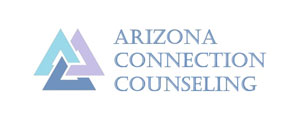From Surviving to Thriving: Choosing Self-Trust Over Self-Reliance
Growing up, I learned that being independent was something to be proud of. While self-reliance can be a strength, it can also become a trap when it’s the only tool we use. Asking for help feels uncomfortable and often leads to a tug-of-war between the part of me that wants to power through on my own, and the part that longs to reach out but hesitates. That’s where self-trust makes the difference. Instead of proving we can carry it all, self-trust helps us know when to rest, when to ask for support, and when to let ourselves soften.

